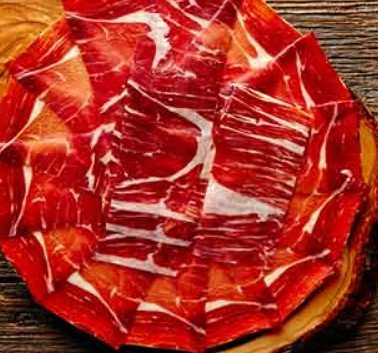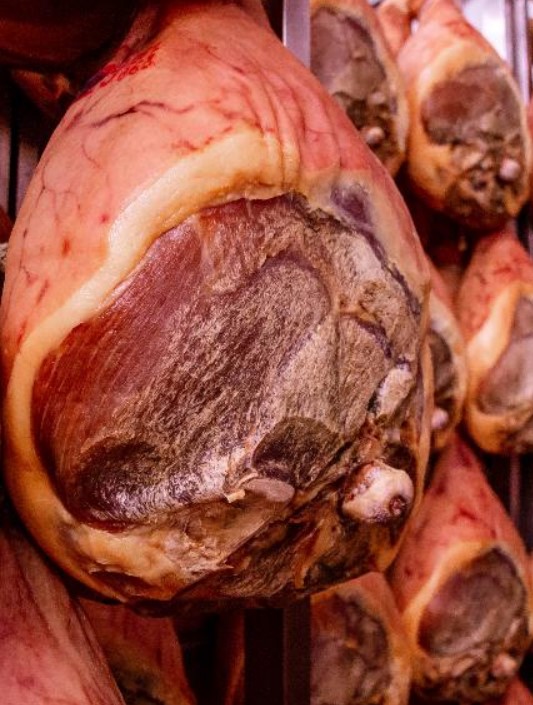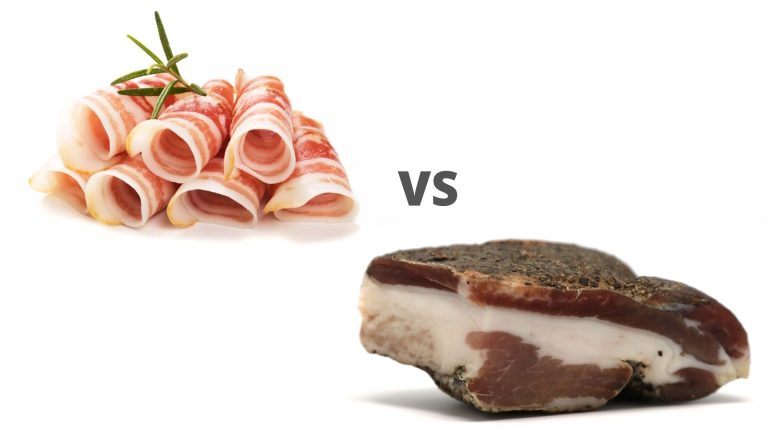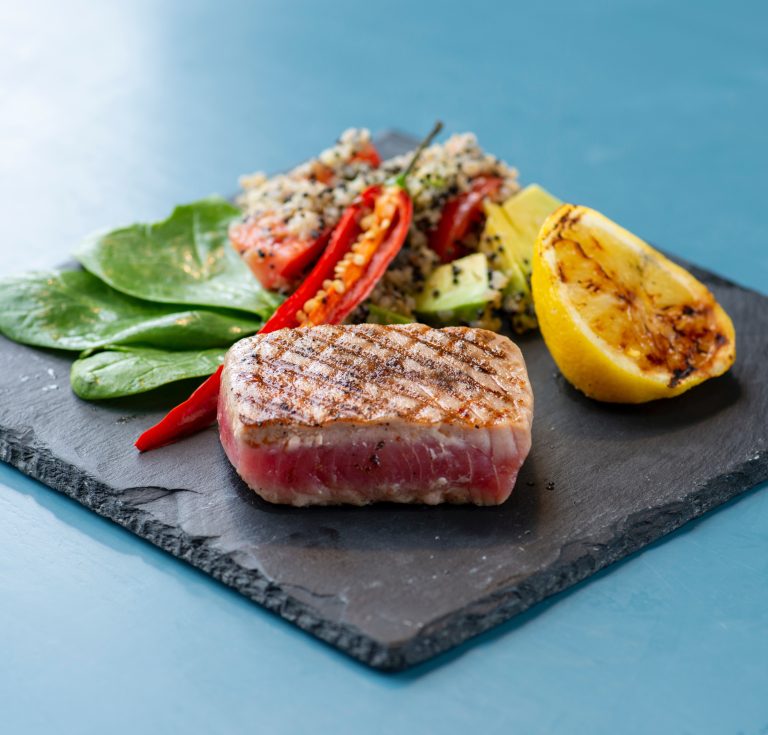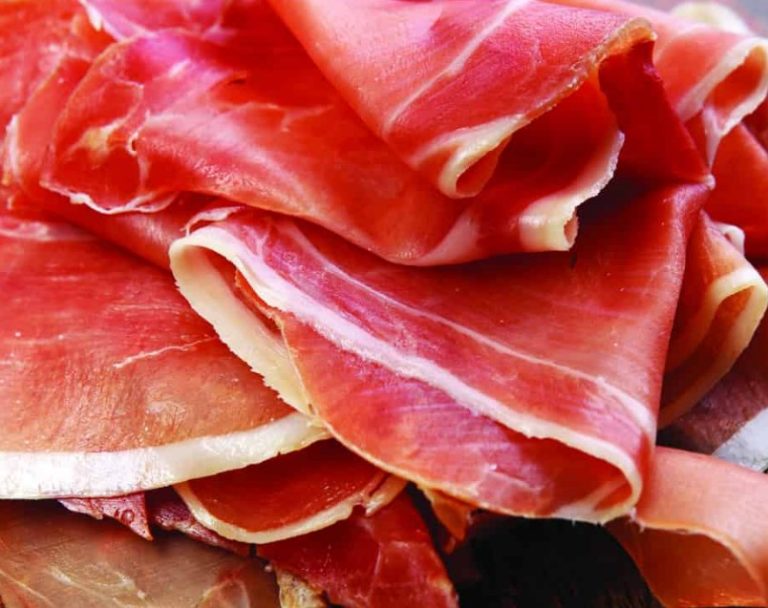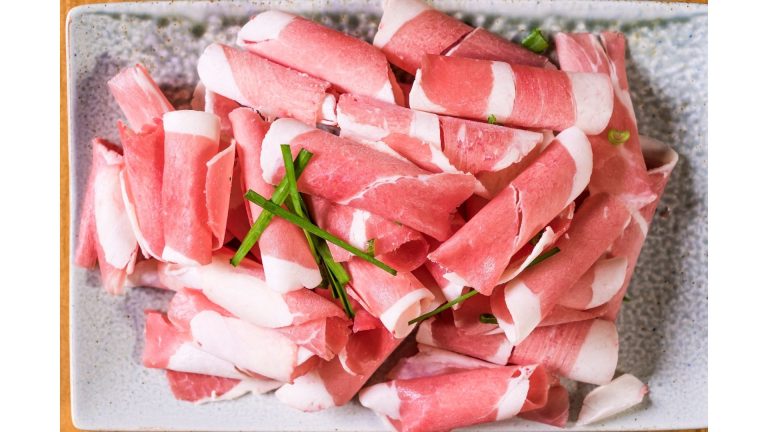Can Cats Eat Prosciutto?
Like humans, cats need different nutrients for optimal health. One size does not fit all, so a diet rich in one type of food will likely leave some of your feline family members undernourished.
Yes, cats can eat prosciutto. They can even enjoy the taste of it. They may enjoy it more than you do!
Cats love the flavor of prosciutto because they are very similar to the flavor of the meat. So, if your cat likes eating meat, they might enjoy prosciutto.
But keep in mind not to give prosciutto regularly.
That said, cats are obligate carnivores and need a lot of protein. One good source of protein is prosciutto – a type of Italian ham that has been aged by hanging it in dry air.
This leads to the question: can cats eat prosciutto?
Prosciutto is a great treat for your cat; however, it shouldn’t be included as part of your cat’s daily diet.
It shouldn’t be used as a substitute for wet or dry food.
In this article, I’m going to explain why prosciutto is not safe for your cats. I will also explain the types of meat that your cats should never eat.
Table of Contents
Can Cats Eat Cured Meat, Like Prosciutto?
While cats may not like certain foods, they will still require a balanced diet.
You must ensure that your cat has enough protein, fat, and carbohydrates to meet its nutritional requirements.
Cats, like dogs, are carnivores. They are not known for their ability to metabolize carbohydrates and they tend to prefer protein for energy.
The fact that you can give them cured meats is great news for your furry friend! But it should not be given in large quantities and on daily basis.
It can also be harmful, especially if eaten in large quantities.
Why Can Cats Eat Cured Meat?
These are the possible reasons why your cat should eat cured meat.
Cured Meat is Nutricious
First, cured meats have a host of vitamins and minerals that your pet needs for optimal health. They’re also good for building muscle and maintaining balanced moods.
Cured meat is also rich in many important nutrients. For instance, it contains vitamin B6, phosphorus, iron, zinc, and even vitamin B12.
Moreover, it helps keep your cat’s teeth and bones healthy and strong.
Cats are naturally playful animals that will spend a lot of time jumping around the house and playing with their human friends.
However, a balanced diet is important to ensure your cat’s bones are strong enough to support and sustain its usual behavior.
Finally, most cured meat products have between 5%-7% fat or less, making them lower in saturated fats than fresh meats. As a result, they can help to keep your cat’s weight in check.
Cured Meat Has a Long Shelf-life
While cured meat, like prosciutto, also has a long shelf life, it’s not always the best choice for someone who wants a ready-to-eat snack every day.
It can be the perfect food supplement if you’re not going to the store often.
The shelf life of meat varies according to the type of meat.
For example, cured pork meat can last up to 6 weeks without being refrigerated. The finished product usually contains around 12%-14% moisture.
Why Shouldn’t Cats Eat Cured Meat?
Cured Meat is High in Salt
If a cat takes too much prosciutto, it risks developing kidney disease. As a general rule of thumb, you should never feed your cat an amount of cured meat that would make it sick.
Some cats will eat just about anything if it’s served on a spoon, but for others, certain foods may make things worse, including dry cat food treats.
Dry kibble isn’t the best for cats because it doesn’t contain the right nutrients needed to sustain a healthy lifestyle.
Cured Meat is Raw
To ensure the safety of our food, we must control both the number of bacteria in the raw meat and the bacteria that are already present.
While this sounds rather scary, the good news is that many of these foods are now being processed, packed, and transported under strict regulations and guidelines.
Chronic infections with these bacteria can lead to severe life-threatening illnesses in cats, usually manifesting as diarrhea and lymph node swelling under the forelimbs.
They’re usually characterized by significant weight loss, dehydration, fever, and lethargy.
Poor handling of meats during cooking can be very dangerous. Meat, especially cooked and refrigerated, can harbor tapeworm, hookworm, and roundworm parasites.
While they can pose a serious health risk to humans, they can also affect cats.
The good news is that these behaviors can be thwarted if the owner does a few things.
- First, make sure you know where the meat came from.
- Second, use the freezer before feeding.
- Lastly, always buy from a reputable source.
Cured Meat May be Spicy
The reason why prosciutto is so spicy is that it’s cured in spices like garlic and juniper.
Spices in general are not typically associated with severe health issues in cats, but some of them can cause stomach upsets.
In the same way, some spices are more dangerous than others.
For example, garlic is harmful as it destroys red blood cells in both cats and dogs.
So, it’s good to know that you should never feed your kitty garlic before you cook it.
Prosciutto is a delicious product, but it’s best when cured and flavored using plain salts.
What Kind of Meat Should Cats Never Eat?
Meat should be your cat’s primary diet because they need high protein and low carbohydrates.
Cats also aren’t picky eaters, so they may be comfortable with other foods besides meat.
Cats should eat what they are naturally meant to eat. For example, they are better suited to eating meat, especially chicken.
However, a well-balanced cat’s diet should also include foods that aren’t normally part of their food menu.
A good diet consists of about 70 percent dry food and 30 percent canned food.
For most people, food and drink are just that – food and drink. For others, it can be something else entirely.
While the FDA doesn’t set limits on how much protein an animal must consume per day, it does have specific guidelines for meat from animals raised for human consumption.
The answer is “Yes.” Cats are naturally curious and will happily accept just about any meat you present them.
However, not all types of meat are good for cats. The types of meats that should be avoided include red meat, poultry, and offal.
These are the varieties of meat that should NEVER go on your cat’s plate. Here they are:
Fish
The healthiest diet for cats is a well-balanced one. This means providing them with both protein and essential vitamins and minerals in the form of a balanced diet.
A proper diet should include a mix of protein, carbohydrates, fats, vitamins, and minerals.
In addition to having elevated levels of contaminants, the predatory species of fish are often marketed to children and women of childbearing age.
This means that women and children should avoid these types of fish.
The fish comes with too much of bones, so it is not that good for cats as they cause digestive issues. They also contain a high amount of proteins called histamine which causes allergies in cats.
Raw Meat
If your cat is really curious about something, try hiding it where they can’t find it. It can be hard to resist temptation, but keep in mind that some types of foods like raw meat can be dangerous.
In addition, raw eggs and meats contain harmful microscopic organisms such as Salmonella or E. coli, which may cause food poisoning in cats.
Raw meats also have enzymes that can destroy B vitamins like thiamine, which gives cats energy for movement and neurological function.
Also, lack of these nutrients will cause vomiting and diarrhea in cats.
Conclusion
So, can cats eat prosciutto?
It depends on how much prosciutto you give them. Prosciutto has salt and flavor – good stuff for cats. Too much prosciutto in your cat’s food might make it sick.
While prosciutto may be good for a cat occasionally, cured meats should not be used regularly.
As such, they pose a high risk for your feline friend if they become part of their everyday diet.
The biggest problem with feeding your cat cured meats is the high sodium content that can lead to dehydration and low pressure.
Talk to your vet about it before offering them.
To be on the safe side, start small and closely monitor how they react to your diet.

Foodie and a passionate cook, I am here to share all of what I know about cooking, kitchen, and food prepping.
Follow me for delicious and healthy recipes.

